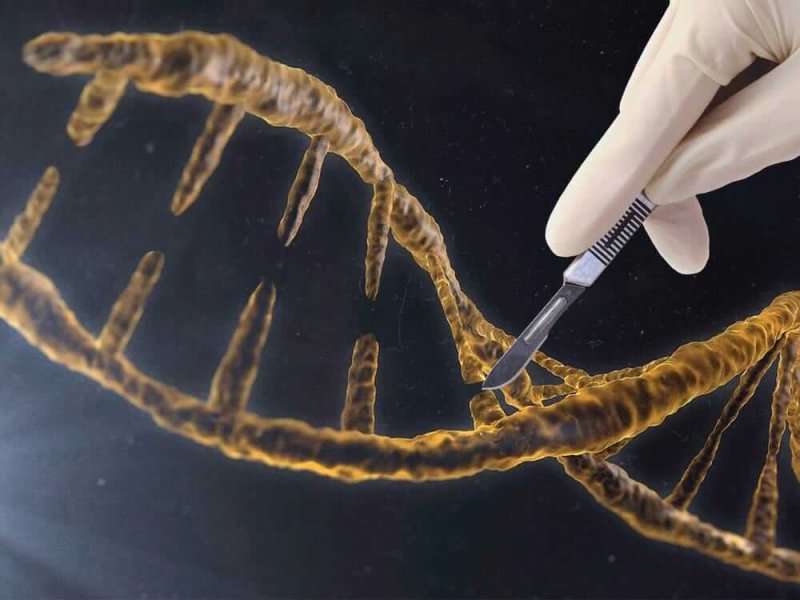An oncogene is a gene that has the potential to cause cancer. Fusion oncogenes are cancer-causing genes that are made when two separate genes are fused together to make a new gene. Data from The Cancer Genome Atlas has found that fusion oncogenes cause more than 16% of cancers in humans.
Finding a way to stop and fix fusion oncogenes could be an important tool to stop these cancers. Scientists think genome editing may be the answer. But how can scientists edit these fusion oncogenes? They use a laboratory technique involving the CRISPR/Cas9 system.
…
[An earlier] study used CRISPR to target fusion oncogenes, but it was considered potentially expensive and inefficient to do clinically because the therapy would have to be personalized to each patient. Because of this, they wanted to do it in a way that isn’t patient-specific.
The scientists’ [new method] reduces the size of tumors. Even better, it is highly efficient and potentially universal for cancers caused by fusion oncogenes. The CRISPR method was also specific to just cancer cells, leaving healthy cells alone. When healthy cells are spared, it means fewer side effects for patients. Overall, this is a promising method for possible cancer treatment.































